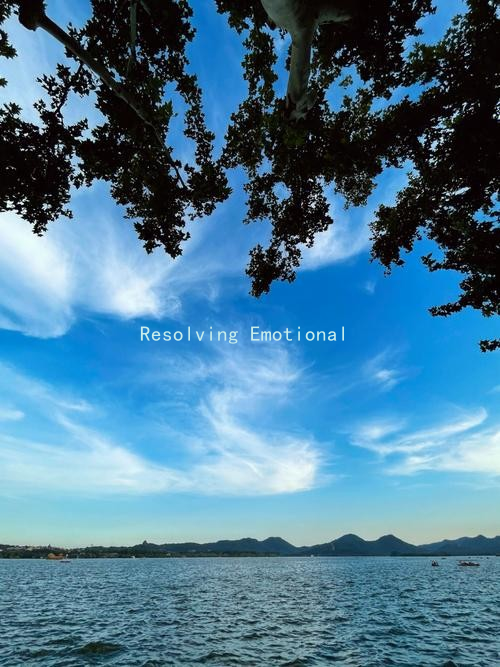Building Resilience: Relationship Skills for Those with Bipolar Disorder
Building Resilience: Relationship Skills for Those with Bipolar Disorder
Navigating the complexities of romantic relationships can be challenging for anyone, but those living with bipolar disorder face unique obstacles that can influence their connections with partners. Despite these challenges, it is possible to cultivate healthy, resilient relationships through effective communication, understanding, and coping strategies. Here, we explore essential relationship skills and techniques tailored for individuals with bipolar disorder, aiming to foster love and stability in their partnerships.
1. Open Communication
The cornerstone of any healthy relationship is open communication. For individuals with bipolar disorder, sharing feelings and experiences with a partner can create an environment of support and understanding. It is crucial to express ones needs, boundaries, and emotional states, particularly during mood swings. Using I statements can help articulate feelings without placing blame, e.g., I feel overwhelmed when… This practice encourages dialogue and reduces misunderstandings.
2. Educate Your Partner
One of the most beneficial things a person with bipolar disorder can do is educate their partner about the condition. This includes discussing symptoms, triggers, and the nature of mood swings. Providing literature or resources can help partners better understand what to expect and how to respond during difficult times. When both partners have a solid understanding of bipolar disorder, they are better equipped to navigate the challenges together.
3. Establish a Safety Plan
Bipolar disorder can lead to mood episodes that significantly affect relationships. Establishing a safety plan is crucial. This should include recognizing triggers, identifying signs of an impending episode, and having a strategy for managing these situations. Collaboratively developing this plan can empower both partners and provide a sense of security.
4. Practice Mindfulness
Mindfulness techniques can be beneficial for managing the symptoms of bipolar disorder and improving relationship dynamics. Engaging in mindfulness practices, such as meditation or yoga, can help individuals regulate their emotions and reactions. Incorporating these practices into daily routines together can foster a deeper bond and enhance emotional awareness.

5. Prioritize Self-Care
Self-care is vital for individuals with bipolar disorder. Taking care of mental and physical health can improve mood stability and relationship satisfaction. Encouraging each other to engage in self-care activities—whether through exercise, hobbies, or therapy—can strengthen the partnership and serve as a reminder of mutual support.
6. Set Realistic Expectations
Its important to set realistic expectations for the relationship, especially during challenging times. Mood fluctuations may lead to periods of stress or distance, and understanding this can prevent disappointment and resentment. Both partners should acknowledge that ups and downs are part of life, and maintaining patience and empathy is key.
7. Seek Professional Help Together
Couples therapy can be an invaluable resource for partners navigating the complexities of bipolar disorder. A mental health professional can offer tools for communication, conflict resolution, and coping strategies. Additionally, support groups for partners of people with bipolar disorder can provide a network of understanding and shared experiences.
8. Celebrate the Good Times
In the midst of dealing with challenges, it’s essential to celebrate the good times. Acknowledging and appreciating moments of joy can strengthen the bond between partners. Regularly setting aside time for fun activities or romantic gestures reminds both individuals of their love and commitment, laying the foundation for resilience in the relationship.
In conclusion, while bipolar disorder can pose challenges to romantic relationships, cultivating resilience through effective communication, education, and mutual support can lead to fulfilling partnerships. By being proactive and employing these relationship skills, individuals with bipolar disorder and their partners can build a strong foundation characterized by understanding, compassion, and love.





